Ohio Farm Bureau supports legislation encouraging ag career awareness for urban youth
Introduced by Sen. Paula Hicks-Hudson, SB 120 would establish the Urban Farmer Youth Initiative Pilot Program.
Read MoreOhio Farm Bureau will continue to focus on business solutions and be a resource for any questions and concerns that come from the agriculture community around Issue 2.
Earlier this week, Ohio voters passed Issue 2 by a count of 57% to 43%, which means certain aspects of the legalization of recreational use and cultivation of marijuana will soon go into effect.
Ohio Farm Bureau, led by the organization’s grassroots policies, opposed Issue 2 because of the dangers marijuana use carries to the state’s workforce, more specifically to the safety of farm and food workers. With recreational marijuana now in play, there is also concern about the ability to keep employees on the payroll and fill the thousands of positions still needed to keep Ohio’s No. 1 industry moving in the right direction.
“Although Ohio Farm Bureau is disappointed about the outcome of Issue 2, it is important that we now look to keep our members informed about how these new statutes will impact them and their farms directly,” said Adam Sharp, executive vice president of Ohio Farm Bureau. “As we work through all of the details of these major changes, we will continue to focus on business solutions and be a resource for any questions and concerns that come from the agriculture community around Issue 2.”
Although the sale of recreational marijuana will not likely happen until mid to late 2024, some of the new laws that come with Issue 2’s passage include that adults age 21 and older can buy and possess certain amounts of cannabis and concentrates and are now able to grow up to six plants individually or 12 plants in a household with multiple adults. In addition, dispensaries are allowed to sell a wide range of products, including flowers, seeds, edibles, vapes, oils, beverages, pills and lotions, among others.
As part of the new regulatory structure around recreational marijuana, the Division of Cannabis Control within the Ohio Department of Commerce will set rules for licensing, testing, product standards, investigations and would offer three different licenses: cultivator (growers), processor (businesses that turn cannabis into edibles, etc.) and dispensaries. Those products will be taxed at a 10% rate, with revenue going toward administrative costs, addiction treatment programs, municipalities with dispensaries, and a social equity and jobs program.
Of note from Issue 2 are the rights given to businesses who have employees. As part of the initiative, public and private employers will be able to develop their own policies for marijuana, such as rules around drug testing and use while on the job.
Also of importance is that although Issue 2 passed in Ohio, recreational marijuana remains illegal federally as a “Schedule I” drug.


Introduced by Sen. Paula Hicks-Hudson, SB 120 would establish the Urban Farmer Youth Initiative Pilot Program.
Read More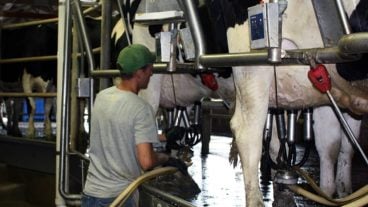
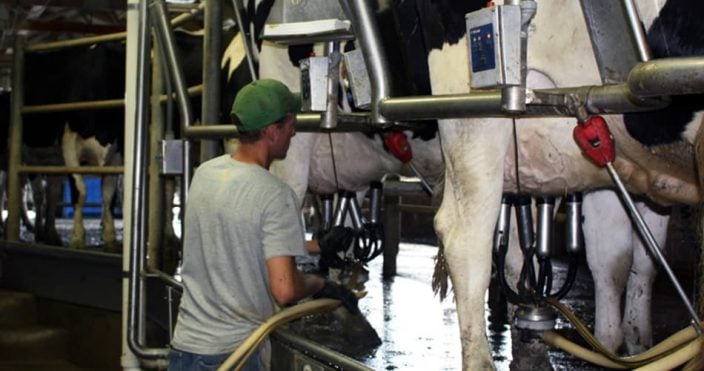
Join the Logan County Farm Bureau to learn more about pressing topics for your farms on Thursday, Feb. 26.
Read More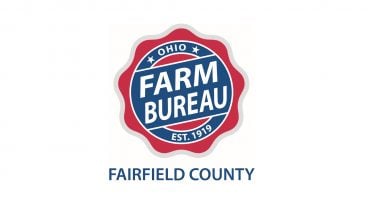
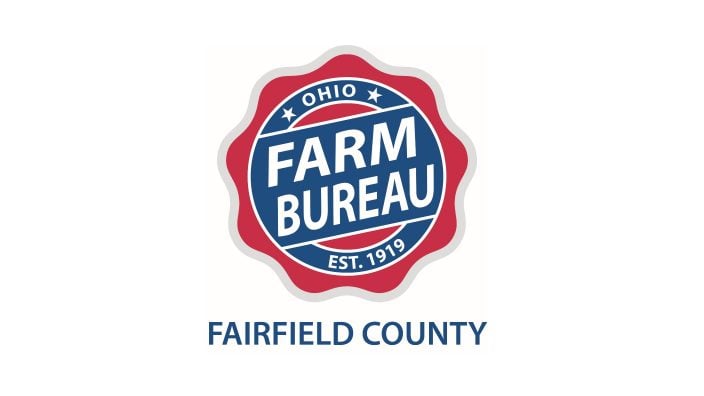
The meeting will take place Feb. 16, 2026, at 8 a.m. on the campus of Ohio University, Lancaster. RSVP by Feb. 12, 2026.
Read More
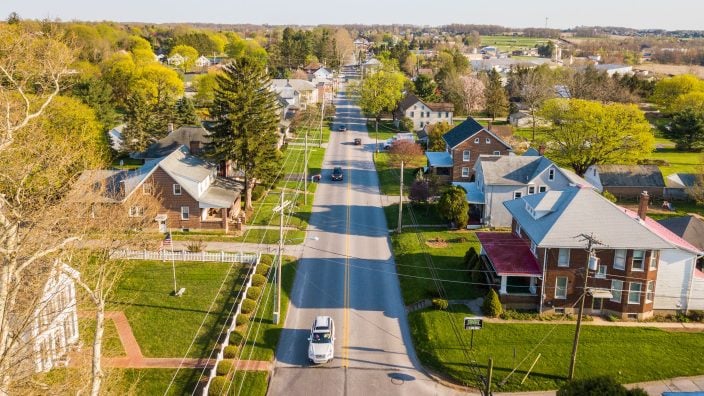
Leah Curtis joins this Legal with Leah to talk about what data centers mean for local communities and how to stay engaged in the development process
Read More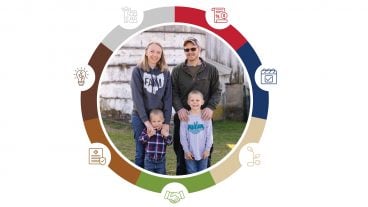
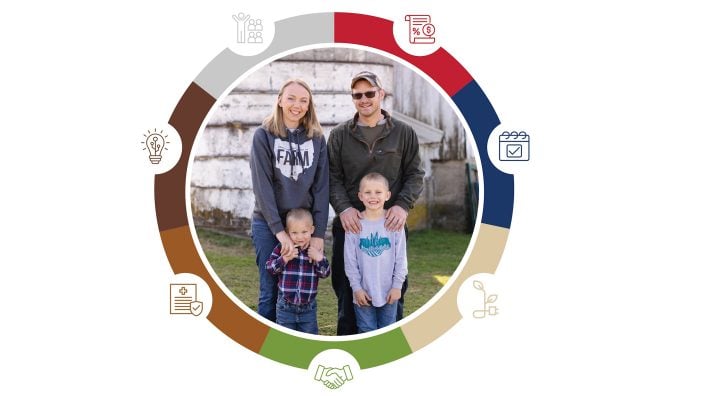
This 2025 By The Numbers report shares some of the public policy achievements and member programs that deliver value to all Ohio Farm Bureau members.
Read More
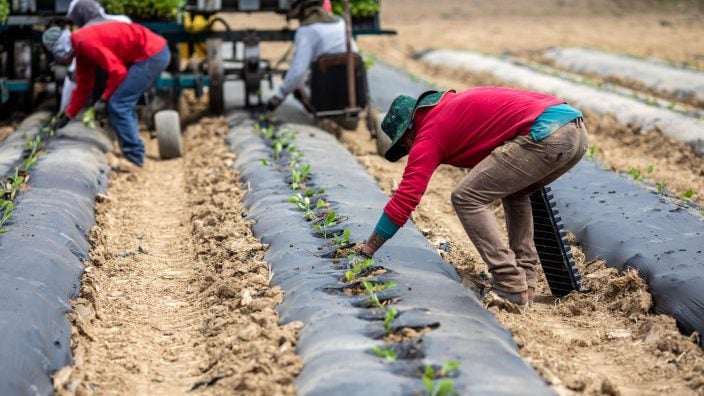
A recent state budget fix and a federal rule reform to H-2A have resulted in some relief for farmers who use the guest worker program.
Read More
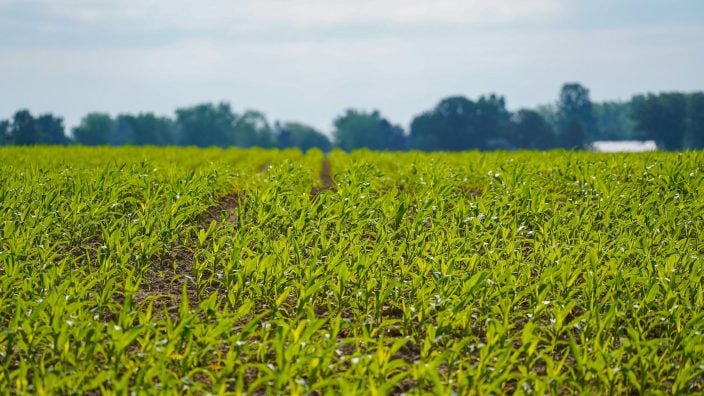
Ohio Farm Bureau advocated for a change in the law to allow family members and employees to handle pesticides while under the supervision of a licensed applicator. The rules around HB 10 are being finalized.
Read More

Four property tax reform bills were signed into Ohio law at the end of 2025. Ohio Farm Bureau Associate General Counsel Leah Curtis breaks down the bills and what the changes mean for Ohioans.
Read More
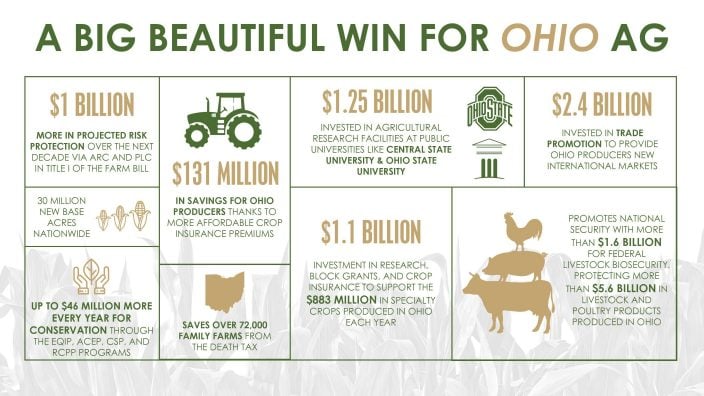
Overall, $65.6 billion from this aid package is projected to increase agriculture-focused spending over the next decade.
Read More

This evening is designed to bring local leadership and the agriculture community together for meaningful conversation about issues impacting Preble County and our rural communities.
Read More